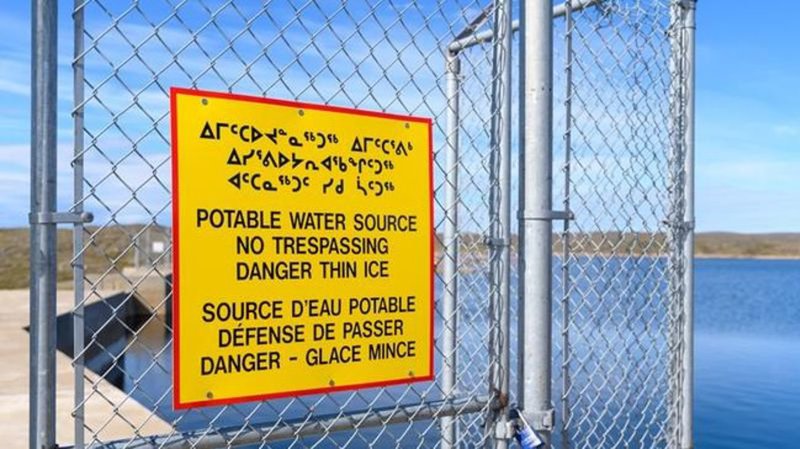
Iqaluit water issues a matter of Arctic security, Nunavut MP Lori Idlout says
IQALUIT, Nunavut — Nunavut’s capital was able to avert a water-shortage crisis last week, but the member of Parliament for the territory says infrastructure in the North is an issue of Arctic security.
Lori Idlout says federal investments in the North have often been inadequate to meet all of the infrastructure needs of communities and Ottawa tends to respond to emergencies rather than invest in long-term prevention.
“They always seem to forget how important Arctic sovereignty is when it comes to investing in the North,” the NDP MP said. “They need to do better for Arctic sovereignty, not just by providing military resources, but actually investing in the people and the resources that are needed to keep a community going.”
Iqaluit and Nunavut both declared states of emergency in August to ensure the territorial capital would be able to replenish its reservoir, Lake Geraldine, before it freezes so residents could have enough water to make it through the winter. The emergency ended early last week as the city obtained approval to begin pumping water from nearby Unnamed Lake.
